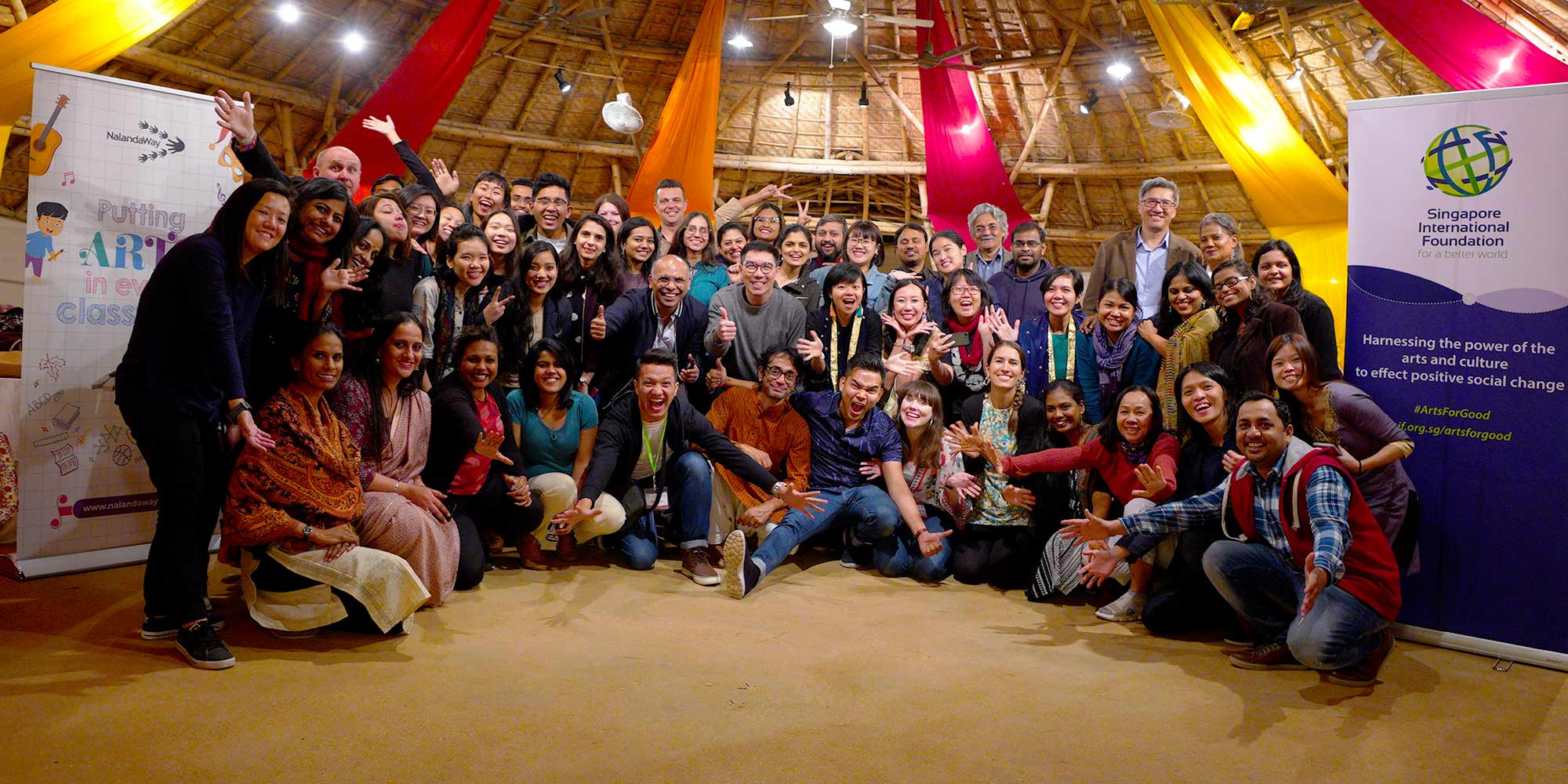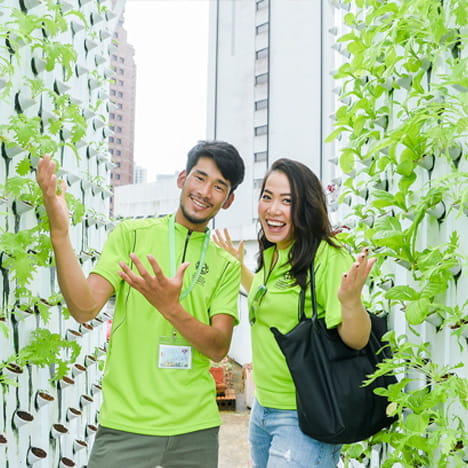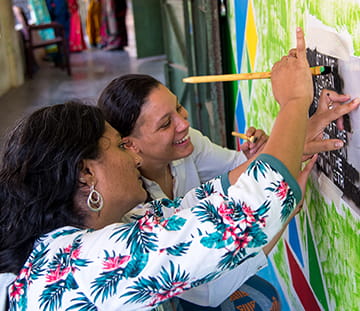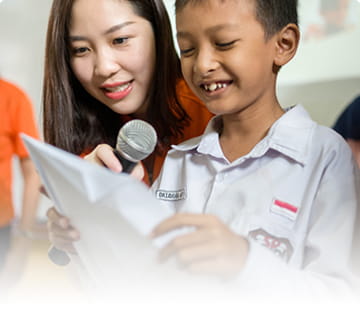Six New Teams Come Out Top at the SIF’s Young Social Entrepreneurs Global 2023 - Pitching for Change Event
Pitching for Change concludes the YSE Global 2023 programme with 15 teams pitching their refined business plans for social and environmental causes.

The announcement was made by Ms Jean Tan, SIF Executive Director, at the Pitching for Change event finale held virtually on 17 November. The winning teams are (in alphabetical order):
- Anubhuti Samiti (India)
- China House (China)
- HomePal (Singapore and China)
- LeLao (Laos)
- ReservoAir (Indonesia)
- Rumah Briket (Indonesia)
They presented the strongest business ideas that addressed social and environmental causes including mental health services, water conservation, the provision of skills and technology for underserved communities, and women empowerment.
The judges’ deliberation of the winning teams was based on the impact and scalability of their business ideas, as well as their commitment level. Each team was awarded funding of up to S$20,000 to launch or scale up their social enterprises.
The YSE Global programme seeks to inspire, equip, and enable youth of different nationalities to launch or scale up their social enterprises in Singapore and beyond. The programme is chronicled on social media with the hashtag #sifyse.
YSE Global 2023 Winners
- Anubhuti Samiti
Mr Dilip Suthar (Indian) and Ms Sakshi Srivastava (Indian)
Sector: Education & TrainingAnubhuti aims to provide children in India with access to quality education, thus empowering them to become empathetic and action-oriented citizens of India. Its fellowship model serves to bridge existing gaps in India’s education system by engaging talented youths to work at the grassroots level. In the long run, it hopes to nurture changemakers and reformers who will drive systemic change towards educational equity in India.
- China House
Mr Huang Hongxiang (Chinese) and Ms Wu Haiying (Chinese)
Sector: Education & Training | Public Services & VolunteerismChina House hopes to cultivate a sense of global citizenship among Chinese youths by helping them to learn about and engage in global sustainable development. It works with non-governmental organisations around the world to develop youth learning programmes on, among others, conservation, gender equality, quality education, and culture preservation.
- HomePal
Mr Chen Hong Wei (Chinese) and Mr Lai Hoi Bing (Singaporean)
Sector: Eldercare | Healthcare | Consumer ServicesHomePal aims to empower seniors to age gracefully in their residential homes while providing peace of mind to their caregivers. It does this by using emerging technology to enable decentralised senior care. HomePal is currently building an Internet of Things system that can provide privacy-preserving home monitoring and safety solutions. It also collaborates with community partners to establish a network of caregivers.
- LeLao
Ms Manithip Vongphachanh (Laotian), Mr Liming Sengthong (Laotian), Ms Phonmany Fongsouvanh (Laotian)
Sector: Arts & Culture | Consumer GoodsLeLao improves the livelihood of vulnerable communities by working with them to produce affordable and sustainable fashion products that showcase the rich cultural heritage of Laos. Its products include, among others, clothing constructed from deadstock fabrics and up-cycled purses made from fabric waste.
- ReservoAir
Ms Azhar Isti Hanifah (Indonesian), Mr Ilham Dhiaputra Hermawan (Indonesian), and Ms Sabrina Farah Salsabilla (Indonesian)
Sector: Environment & Energy | Water & SanitationReservoAir aims to enable the restoration of the natural water cycle by implementing water conservation technology. It produces permeable paving blocks with an infiltration rate that is 100 times faster than conventional paving, as well as infiltration wells and rainwater harvesting. Besides reducing flood risks, these technologies have other benefits such as groundwater recharge and providing alternative water sources.
- Rumah Briket
Ms Mahdiyyah Ardhina (Indonesian), Ms Putri Rizki Ardhina (Indonesian), and Mr Arfian Nuari (Indonesian)
Sector: Consumer Goods | Environment & EnergyRumah Briket aims to reduce waste while promoting greater awareness of its problem. It works with households, such as the community of housewives, to process waste, turning it into organic charcoal briquettes and paving blocks, which are sold for income. In addition to solving the waste problem with a zero-waste solution, it also improves the quality of the community's economy.



